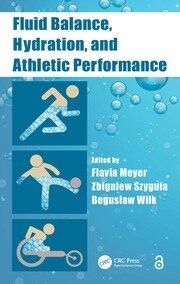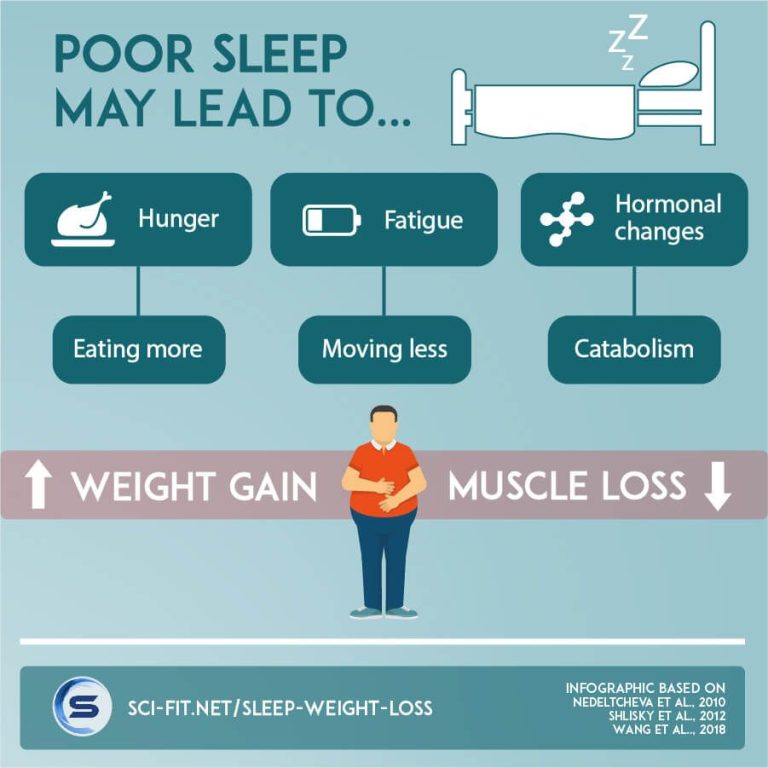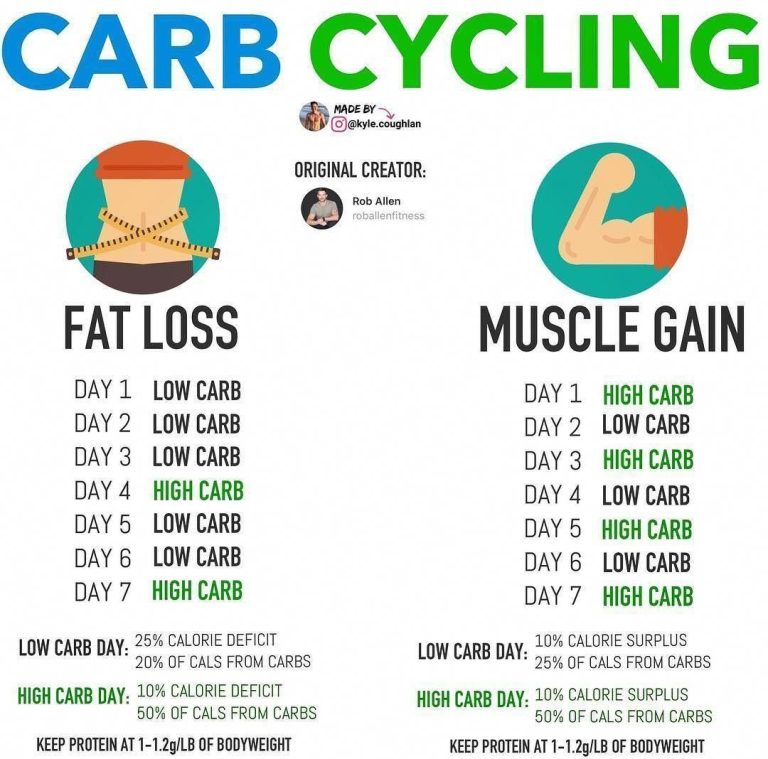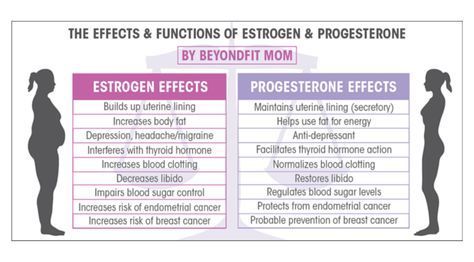Hydration plays a crucial role in the performance and overall well-being of athletes. Proper hydration ensures that the body functions optimally during physical exertion. Whether you are a professional athlete or engage in recreational sports, understanding the importance of staying hydrated is vital for reaching your peak performance.
The Importance of Hydration
Water is an essential component of our bodies, making up about 60% of our total body weight. During exercise, our bodies lose water through sweat, which can lead to dehydration if not replenished adequately. Dehydration affects the body’s ability to regulate temperature, transport nutrients, and remove waste effectively. It can lead to fatigue, muscle cramps, and impaired cognitive function.
Effects of Dehydration on Performance
Dehydration has a direct impact on athletic performance. As the body loses fluids, blood volume decreases, resulting in reduced oxygen delivery to muscles and organs. This can lead to decreased endurance, increased heart rate, and reduced overall performance. Dehydrated athletes also experience an increase in perceived exertion, making physical activity more challenging than it should be.
In addition to decreased endurance, dehydration can affect coordination and motor skills. Fluid loss can alter electrolyte balance, which may impair neuromuscular function, leading to decreased coordination and slower reaction times. Accuracy, agility, and focus may all be compromised when an athlete is not adequately hydrated.
Optimal Hydration Strategies
To optimize performance, athletes should adopt effective hydration strategies. A general guideline is to consume water before, during, and after physical activity. It is recommended to drink about 17-20 ounces of water 2-3 hours before exercise and an additional 7-10 ounces 10-20 minutes before starting the activity. During exercise, regularly drink small amounts of water or sports drinks to replenish fluids lost through sweat. Aim to consume 7-10 ounces of fluid every 10-20 minutes, or more if sweating excessively. After the workout or game, it is important to replace any fluid deficit by consuming 16-24 ounces of fluid for each pound lost during exercise.
It is worth noting that the exact fluid requirements may vary depending on factors such as body weight, intensity, duration of exercise, and environmental conditions. A good way to determine hydration status is to check urine color – a pale yellow color indicates proper hydration, while a dark yellow color signifies dehydration.
Conclusion
Hydration is an often overlooked aspect of athletic performance. It is essential to stay adequately hydrated before, during, and after physical activity to optimize performance and prevent dehydration. Developing effective hydration strategies, such as monitoring fluid intake and incorporating appropriate water or sports drinks, can greatly enhance an athlete’s performance and overall well-being. Remember, the key to success lies not only in hard work and training but also in maintaining proper hydration.








